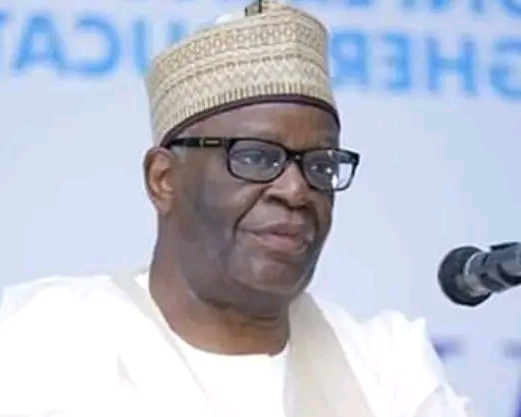
Gospel Singer, 8 Others Jailed for Cybercrime
A Federal High Court in Ilorin, Kwara State, has sentenced a self-styled gospel singer, Moses Otitoju, and eight others to prison terms for cybercrime, conspiracy, and misappropriation of funds. The Economic and Financial Crimes Commission (EFCC) arraigned the suspects on similar charges.
Convictions and Sentences
– Otitoju, 31, was sentenced to six months imprisonment without a fine for retaining over N8.4 million in his bank account, proceeds of unlawful activities.
– Ayodele Joseph was sentenced to eight months imprisonment without a fine and forfeited his Tecno 19 phone to the Federal Government.
– Adeoye Joseph was handed an eight-month prison term without a fine and forfeited $220, an iPhone 13, and a Tecno Pop 9 phone.
– Abubakar Abdulmalik was sentenced to six months imprisonment and forfeited his iPhone 16 and Samsung S10.
Additional Convictions
In a related development, five others were convicted by the Kwara State High Court for cybercrime and misappropriation. They include:
– Abdulkadir Taofeek, sentenced to three years imprisonment with an option of a N500,000 fine and forfeiture of N800,000, one iPhone 14 Pro Max, and a Samsung phone.
– Emeka Achi, Isaac Oluwafemi, and Afolabi Olatoye, each sentenced to six months imprisonment with an option of a N100,000 fine. Emeka was also ordered to refund N3.35 million within three months.
The EFCC prosecuted the cases, tendering statements, exhibits, and sums recovered as restitution, which were admitted in evidence.
























